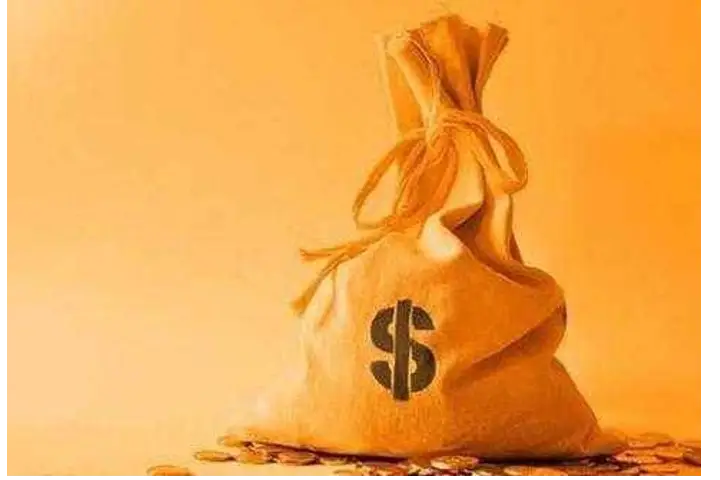

Relief for Pakistan as it clinches a deal with IMF at the last moment
Time is running out for Pakistan as the deadline to repay $3.7 billion inches closer. The country’s Finance Minister Ishaq Dar has assured timely repayment of the debt – by this month and the next.
But where will Pakistan get the money from?
To avert a default Pakistan will have to receive bilateral funds from friendly states including China. “Aid from friendly countries is what the country’s finance minister may be hoping for as he seemed confident about repayment,” an analyst tracking Afghanistan and Pakistan told India Narrative.
Besides this Pakistan is also expecting to seal the deal for a $6.5 billion bailout package with the International Monetary Fund. “If that happens Pakistan will be out of danger for sometime,” the analyst said.
Global ratings agency Moody’s has warned that Pakistan may default if it fails to get the financial assistance package from the IMF. While negotiations are on, the two have not managed to come to any agreement.
Meanwhile the foreign exchange reserves held by the State Bank of Pakistan further fell by 1.7 per cent on a weekly basis– touching $4.38 billion on May 5.
Simply put, if the present situation does not change dramatically in the next few days, Islamabad will not be in any position to repay its debts.
However, experts said that it will not be in China’s interest to let Pakistan default. China has high stakes in the South Asian country especially due to its strategic location.
After a $2 billion loan rollover in March, the Industrial and Commercial Bank of China Limited last week approved another assistance of a $1.3-billion. Despite this, bilateral loans from friendly countries are now shrinking amid the geopolitical and geo-economic uncertainties. This has caused concerns for Islamabad.
Pakistan—in case of a default– will be the second South Asian country to go bankrupt after Sri Lanka.
Incidentally, Sri Lanka too kept denying reports of a default until it officially announced bankruptcy.
While Islamabad has not officially defaulted, local newspaper the Express Tribune in January said that with continuous rollovers of loans, the country has already done so technically.
Meanwhile, the country has to make a repayment of $73 billion by 2025. Clearly, for the country, the challenges are multiplying and its financial need will not subside even if it manages repayment in the short term. And the current political crisis will make the going tougher. After former Prime Minister Imran Khan was arrested on Tuesday, the Supreme Court declared the act as unlawful. The political crisis in Pakistan is only expected to deepen in the coming days.
Also read: Forget about economy after Imran Khan’s arrest, capping political unrest in Pakistan would be key
Minister for Electronics and Information Technology Ashwini Vaishnaw said on Friday that the government is…
Renowned human rights activist and political analyst Amjad Ayub Mirza has expressed a strong denunciation…
As was widely expected, the Indian economy grew by 6.5 per cent in real terms…
World No Tobacco Day, marked annually on 31 May, addresses a major public health challenge--the…
Defence Minister Rajnath Singh, addressing officers and sailors onboard India's first indigenous aircraft carrier INS…
The leadership team from the Central Tibetan Administration (CTA) arrived in Tokyo to participate in…